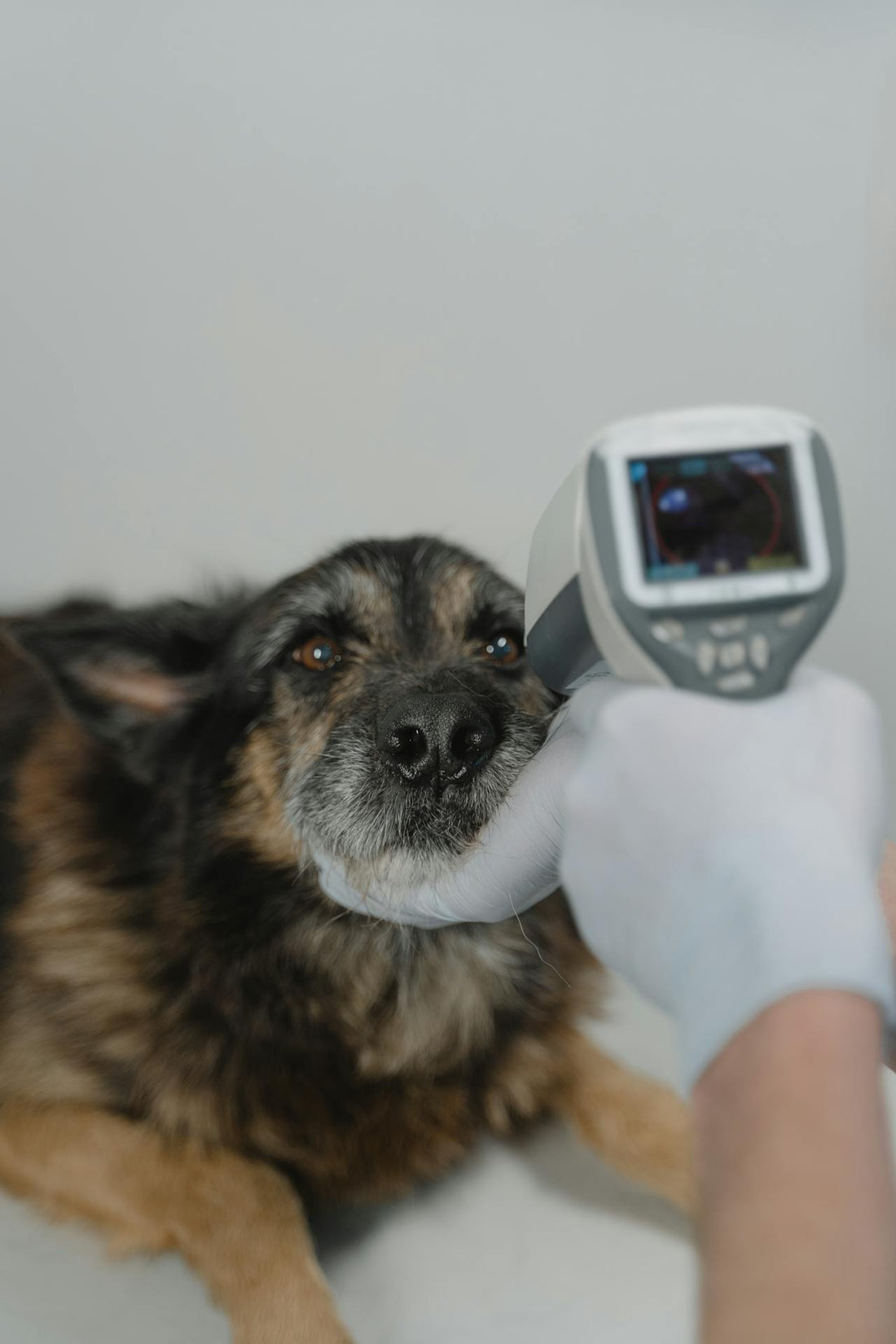
A Guide to Natural Remedies for Common Pet Ailments
Maia Thorne Tags:As devoted pet owners, it's natural for us to want the best for our furry companions. Just like humans, pets can experience various health issues, from minor ailments to more serious conditions. While traditional veterinary care is crucial, many pet owners are turning to natural remedies to complement their pets' wellness routine. In this guide, we'll explore some effective natural remedies for common pet ailments, providing you with holistic options to support your pet's health and well-being.
- Fleas and Ticks: These pesky parasites can wreak havoc on your pet's comfort and health. Instead of resorting to chemical-laden flea and tick treatments, consider natural alternatives. Essential oils such as lavender, cedarwood, and peppermint are known for their flea and tick repellent properties. Dilute a few drops of essential oil in water and spray it onto your pet's fur (avoiding sensitive areas like eyes and nose) before outdoor activities. Additionally, regularly washing your pet's bedding with a mixture of vinegar and water can help deter fleas.
-
Digestive Upset: Upset stomachs are a common issue among pets, often caused by dietary indiscretion or food intolerances. To soothe your pet's digestive system, try incorporating probiotics into their diet. Yogurt, kefir, or probiotic supplements specifically formulated for pets can help restore the balance of beneficial bacteria in their gut. Additionally, bland foods such as cooked rice and boiled chicken can provide relief from diarrhea and vomiting. - Skin Irritations: From allergies to hot spots, pets can suffer from various skin issues that cause discomfort and itchiness. Oatmeal baths are a soothing remedy for irritated skin, as oatmeal contains anti-inflammatory properties that help calm itching and reduce inflammation. Simply grind up plain oatmeal into a fine powder and add it to your pet's bathwater. Alternatively, aloe vera gel can be applied topically to soothe inflamed skin and promote healing.
- Anxiety and Stress: Just like humans, pets can experience anxiety and stress, especially during thunderstorms, fireworks, or when left alone for extended periods. Natural remedies such as CBD oil and herbal supplements can help alleviate anxiety in pets. CBD oil works by interacting with the endocannabinoid system, promoting relaxation and reducing stress levels. Additionally, calming herbs such as chamomile and valerian root can be given to your pet in tincture or treat form to promote relaxation.
- Joint Pain: Arthritis and joint pain are common issues, especially in senior pets. To help ease your pet's discomfort, consider incorporating glucosamine and chondroitin supplements into their diet. These supplements are known for their joint-supporting properties, helping to improve mobility and reduce inflammation. Additionally, omega-3 fatty acids found in fish oil can help lubricate joints and reduce inflammation, further alleviating discomfort.
- Ear Infections: Pets, particularly those with floppy ears, are prone to ear infections caused by yeast or bacteria. To treat and prevent ear infections naturally, a mixture of equal parts apple cider vinegar and water can be used as an ear rinse. The acidic nature of apple cider vinegar helps create an inhospitable environment for pathogens, while water flushes out debris and buildup. Additionally, coconut oil can be applied topically to soothe irritated ear canals and provide antimicrobial protection.
- Bad Breath: While it's normal for pets to have some degree of odor to their breath, persistent bad breath can indicate dental issues or digestive problems. To freshen your pet's breath naturally, consider giving them dental chews or treats formulated to promote oral hygiene. Additionally, adding a teaspoon of coconut oil to your pet's food can help combat bacteria in the mouth and improve overall oral health.
By incorporating these natural remedies into your pet's wellness routine, you can support their health and well-being in a holistic and gentle manner.
However, it's essential to consult with your veterinarian before starting any new treatment regimen, especially if your pet has underlying health conditions or is taking medications. With proper care and attention, you can help your beloved pet live a happier, healthier life, naturally.
